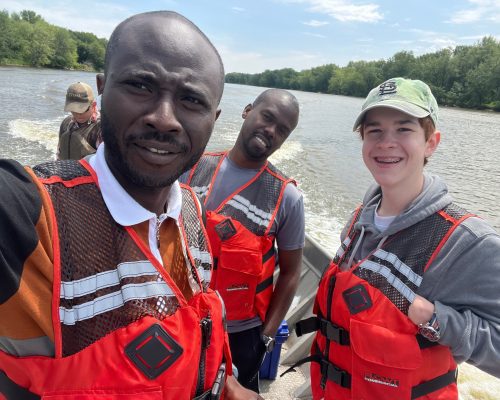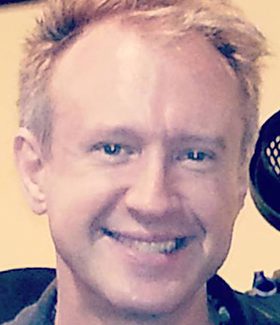Western Illinois University Environmental Science Program Collaborates with The City of Moline
Moline, IL – – Western Illinois University’s Environmental Science: Large River Ecosystems program is working with the city of Moline to study the concentration of phosphorus in the Rock River.
“This is a proactive effort to determine how pending regulatory changes might affect the South Slope Sewage Treatment Plant,” said WIU Environmental Science Director Roger Viadero.
The project will consist of student-led groups testing water for basic quality parameters, in addition to nutrients and chlorophyll, which can be an indicator of elevated phosphorus in water. This project is a two-year study that will involve faculty, undergraduate and graduate students.

“This is a great opportunity for students to gain experience working with professionals on an issue that has real-world significance,” said Viadero.
In addition to determining possible sources of phosphorus in the Rock River and the Mississippi River, Viadero and his students were able to identify broader trends and relationships between physical, chemical and biological indicators of water quality. This is an important step toward making contemporary comparisons of the quality of these two rivers. Fortunately, the group received support from the Carver Family Trust to measure important parameters, including the real-time concentration of chlorophyll in the field, allowing them to better understand the links between nutrients, solids and algae in two major U.S. rivers.
“As a student, this upcoming project is important for several reasons. It will allow us to learn new laboratory and field techniques, provide networking opportunities with city of Moline personnel, demonstrate proficiency with skills we have been taught as a part of the Environmental Science program, as well as collaborate with outside entities to further strengthen WIU’s connection with the community,” said WIU Environmental Science doctoral student Dave Thomas, of Moline, IL.
For more information on the Environmental Science program, visit wiu.edu/ies.









